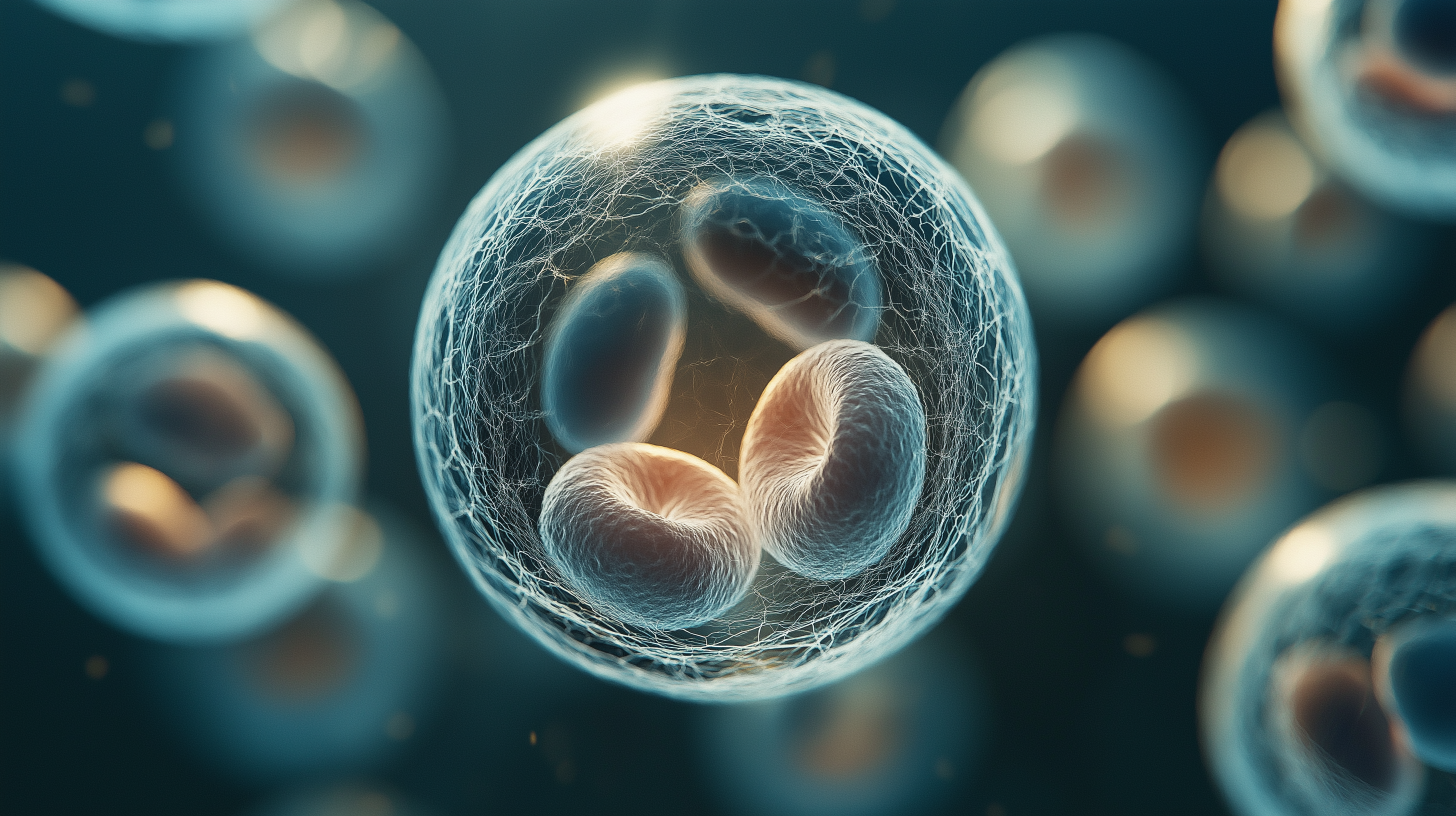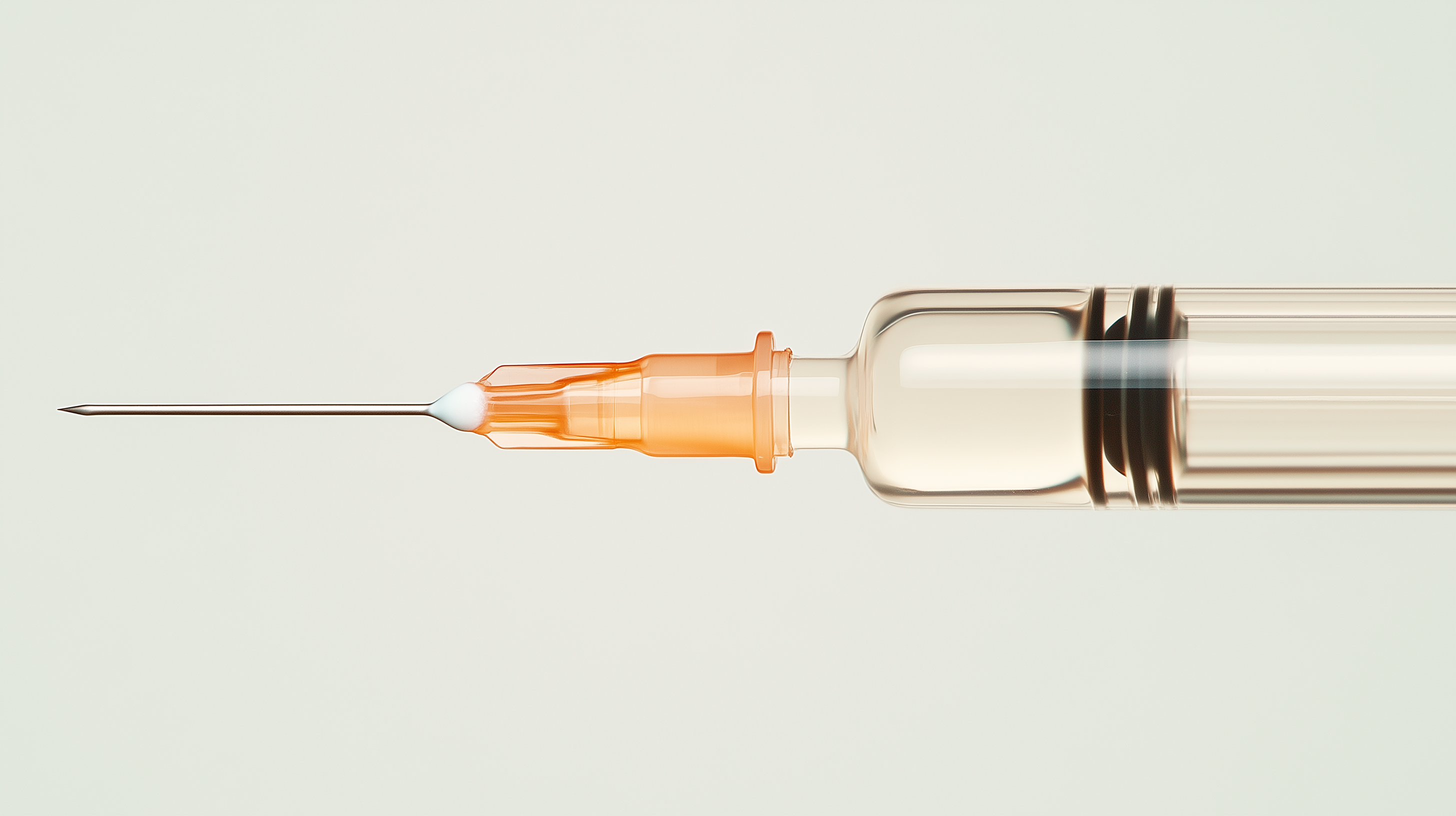Introduction
In recent years, scientists have made exciting discoveries in a field called epigenetics. This area of research is changing how we think about health, disease, and even how we age. Unlike genetics, which focuses on the DNA you inherit from your parents, epigenetics looks at how your lifestyle and environment can influence how your genes work—without changing your DNA itself.
What is Epigenetics?
Think of your DNA as a giant instruction manual for how your body functions. Epigenetics involves "sticky notes" that your body adds to this manual, telling it which instructions to read and which to ignore. These sticky notes can be added or removed based on things like what you eat, how much you exercise, how stressed you are, and what toxins you’re exposed to.
In simple terms, epigenetics is about how genes are turned on or off—like a light switch—depending on different factors.
How Does Epigenetics Work?
There are a few main ways that your body controls which genes are active:
DNA Methylation
This involves adding tiny chemical markers, called methyl groups, to your DNA. These markers can stop a gene from working. Imagine placing tape over a light switch to keep it off—that’s similar to how methylation works. Too much or too little methylation can lead to health issues.
Histone Modification
Your DNA is wrapped around proteins called histones, a bit like thread around a spool. When the DNA is tightly wound, it’s harder for the body to read certain genes. When it’s loose, those genes can be easily accessed. Chemical changes to histones control how tightly the DNA is packed.
Non-Coding RNA
These are special molecules that can block genes from being turned into proteins. Think of them as roadblocks that stop your body from following certain instructions.
How Lifestyle Affects Your Epigenome
One of the amazing things about epigenetics is that it can be influenced by your daily choices. While your DNA stays the same, your epigenome—those sticky notes telling your body what to do—is flexible and can change based on how you live your life.
Diet
What you eat plays a big role in your epigenome. Nutrients like folate, B vitamins, and compounds found in fruits and vegetables help keep your gene expression healthy. These nutrients act like tools that adjust your body’s sticky notes.
On the other hand, too much junk food, sugar, and unhealthy fats can lead to harmful epigenetic changes, increasing your risk for inflammation and diseases like obesity.
Exercise
Regular physical activity can positively influence your epigenome. Exercise affects which genes control things like metabolism, inflammation, and energy use. For example, working out can switch on genes that improve how your body handles sugar, lowering your risk of diabetes.
Stress
Long-term stress can leave harmful marks on your epigenome. High levels of the stress hormone cortisol can change your gene expression, potentially contributing to anxiety and depression. On the flip side, stress-relief practices like meditation and yoga can help keep your gene expression balanced.
Environmental Toxins
Exposure to harmful substances like pollution, pesticides, and heavy metals can disrupt your epigenome. These changes may increase your risk of developing health problems such as cancer or respiratory diseases. Avoiding toxins and advocating for cleaner environments can help protect your health.
Epigenetics and Disease Prevention
Epigenetics is helping us better understand how to prevent and manage diseases. Scientists are learning how to identify patterns in the epigenome that signal disease risks.
Cancer
Cancer cells often have abnormal epigenetic patterns, such as genes being switched on or off incorrectly. New treatments are being developed to fix these issues and stop tumour growth.
Heart Disease
Epigenetic changes can contribute to conditions like high blood pressure and atherosclerosis (plaque build-up in arteries). Lifestyle changes, such as healthy eating and exercise, can help reset harmful gene expression.
Brain Health
Conditions like Alzheimer’s and Parkinson’s are linked to epigenetic changes in brain cells. Researchers are exploring therapies that could reverse these changes to slow or stop the diseases.
Mental Health
Epigenetic patterns are also connected to mental health conditions like depression and anxiety. Personalised treatments that take a person’s unique gene expression into account are being developed.
Personalised Medicine: Healthcare Tailored to You
Imagine going to the doctor and getting treatments that are designed specifically for your body based on your genetic and epigenetic profile. That’s the future that epigenetics is helping create.
By analysing your epigenome, doctors may soon be able to predict your risk for certain diseases, recommend the best lifestyle changes, and even choose medications that will work best for you.
What’s Next for Epigenetics?
The future of epigenetics is full of exciting possibilities.
New Health Tests
Epigenetic markers could help doctors diagnose diseases earlier and track how well treatments are working.
Better Treatments
Researchers are developing drugs that can reset harmful gene expression patterns. These treatments could be used for diseases like cancer and Alzheimer’s.
Longer, Healthier Lives
By understanding how epigenetics influences ageing, scientists are exploring ways to slow down the ageing process and promote a healthier, longer life.
Epigenetics and Plastic Surgery
The interface between epigenetics and plastic surgery is an emerging area of interest. Plastic surgery not only alters physical appearance but may also influence cellular behaviour and gene expression. Procedures such as skin grafting, facelifts, and reconstructive surgeries can impact the local environment of tissues. This, in turn, could trigger epigenetic changes that affect wound healing, scar formation, and tissue regeneration.
Near-infrared (NIR) laser therapy is one example of how modern technologies intersect with epigenetics in plastic surgery. NIR lasers penetrate deep into the skin and can stimulate cellular processes, promoting tissue repair and reducing inflammation. Research suggests that NIR therapy may trigger epigenetic modifications that enhance skin rejuvenation and improve surgical outcomes.
Additionally, treatments like platelet-rich plasma (PRP) and stem cell therapy may promote beneficial epigenetic modifications that accelerate recovery and enhance results. Understanding a patient’s unique epigenetic profile could help plastic surgeons personalise treatments to improve outcomes and reduce complications.
This evolving connection between epigenetics and plastic surgery underscores the importance of a holistic approach to aesthetic and reconstructive care, where both external appearance and underlying biological processes are optimised.
Ethical Considerations
As with any powerful technology, epigenetics raises ethical questions. Who owns your epigenetic data? These are issues society will need to address.
Conclusion
Epigenetics is transforming how we think about health and wellness. It shows us that while we can’t change our DNA, we have the power to influence how our genes behave through our lifestyle choices.
The choices we make today—what we eat, how much we move, and how we manage stress—can shape our health for years to come. By embracing the science of epigenetics, we can take control of our health and pave the way for a brighter, healthier future.



